This comment is a verbatim quote of Pres. Adama Barrow published in the Standard newspaper today. He is said to make this comment in his speech to former NAMs and governors who came to lodge their support to him at State House.
“NPP is not taking the December presidential election lightly. We are ready for anything as far as the elections are concern and when you are about to start a war, there are two things to bear in mind – death or shame. You either take death or shame and we the NPP will rather take death than shame.”
If indeed this is what the President said then both the IEC and the National Assembly and indeed all relevant stakeholders and citizens must demand that the President withdraws the comment immediately. They must pressure the President to declare his commitment to democracy and to free, fair, transparent and peaceful elections on December 4.
This comment by the President undermines the very concept and purpose of elections in a democracy. Elections are indispensable tools that enable citizens to choose candidates to hold public office. Election is also an accountability mechanism that makes citizens to return or reject an incumbent in holding public office. Hence election is a major decision making exercise that empowers citizens to form a government based on their opinion.
In light of this, no politician or citizen should perceive election in terms of war, death or shame, even figuratively! Rather every politician and citizen should perceive election as only a tool and a process that manifest the power of the people. Every politician, more so the incumbent President must speak of election only in terms of peace and a celebration of democracy and encourage popular participation and guarantee fair play in the process. No amounting of campaigning warrants a candidate to use the language of war in elections.
The comment by Pres. Barrow goes against everything that an election in a democracy represents. His language has set the stage for violence and malpractices for which everyone must be concerned. His comment is therefore irresponsible and undemocratic and poses a clear and present danger to the peace and stability of the country.
What the President is indicating is that same Trump-like mentality that he has to win by all means. That if he does not win he will not accept the results. The President is essentially saying that he and his party will do anything it takes to win the election because to him, his victory in the election is a matter of death or shame. Since no one will accept death or shame from enemies then it means Pres. Barrow is saying that he will have to win by any means.
To perceive an election in terms of war is to see the opposition as enemies. In war there are enemies. But in a democracy there are only opponents and no enemies. Political parties are not enemies. Their candidates and supporters are not enemies; only opponents. Hence it is utterly concerning that the President only sees opponents as enemies as he sees election as war!
I know the IEC, political parties, CSOs and indeed most of our citizens are not bothered by these dangerous comments. This is because Gambians are notorious for taking things for granted. We will all claim that this is an empty rhetoric of a desperate President. Therefore we will all ignore this grossly irresponsible statement that has all the hallmarks of electoral malpractices and violence.
But let us remember that it is our continued lethargy, apathy, indifference and silence that we are such a hapless state today after five decades of independence. It is this lethargy that made it possible for tyranny to germinate in our country for 22 years! It is our indifference which is why the nation is betrayed once again in 2017. Because of our failure to be alert and vigilant, this country continues to wallow in bad governance and poor leadership.
Therefore, for how long shall we continue to fail ourselves? For how long shall we continue to allow elected and appointed public officials to continue to bastardize our sovereignty and dignity just to secure their selfish interests? The statement by the President is uncalled for; it’s a provocation and a attempt to undermine free, fair and transparent elections!
For The Gambia Our Homeland

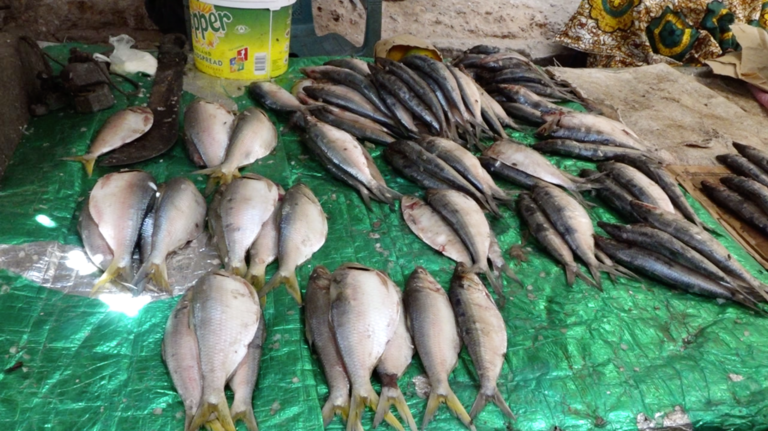
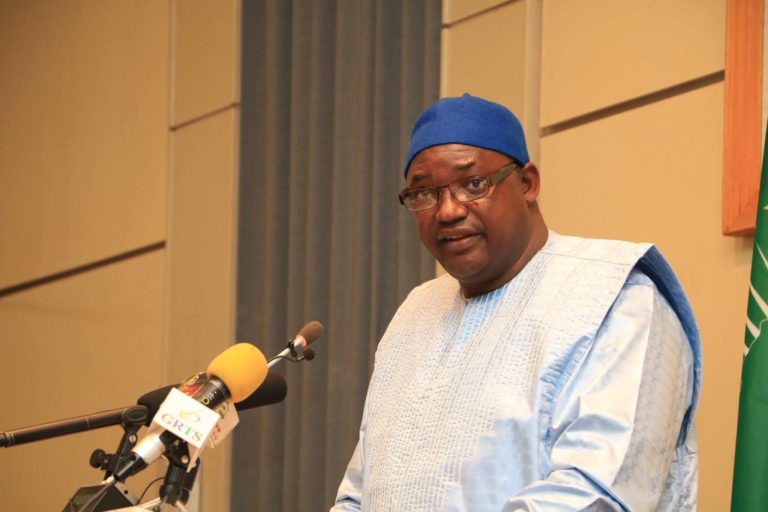
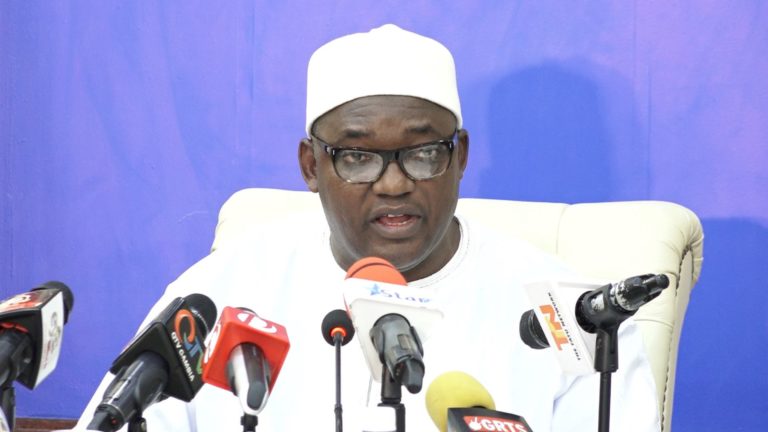
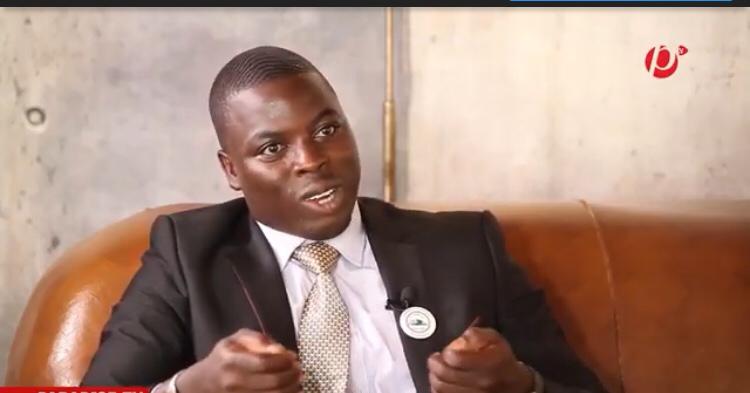
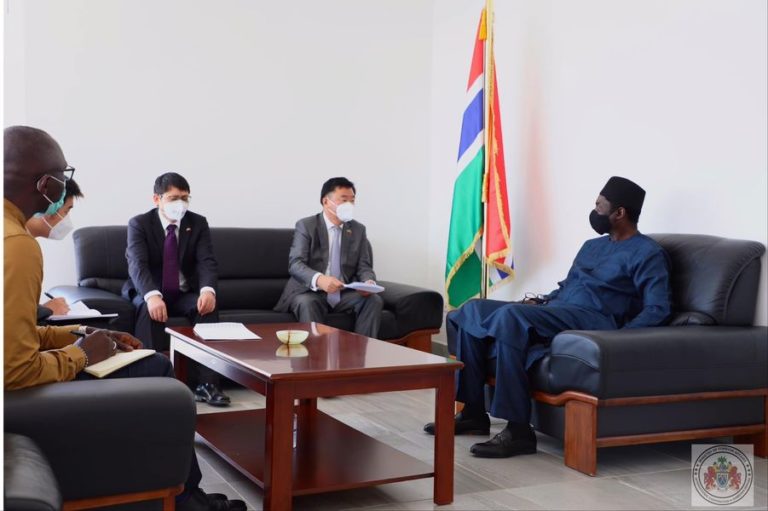
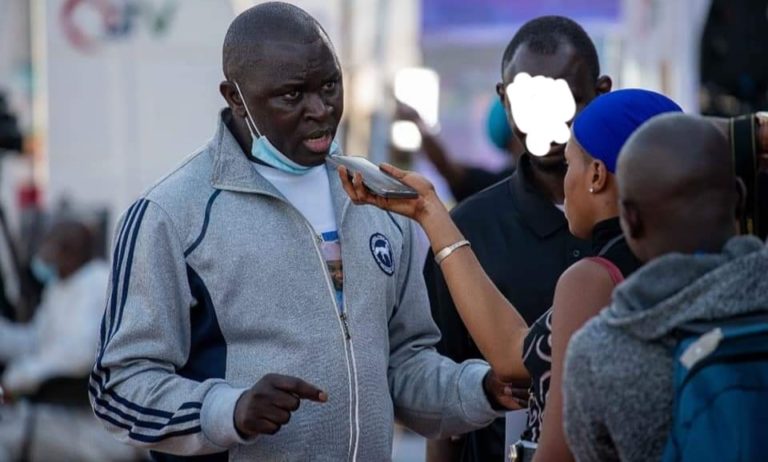

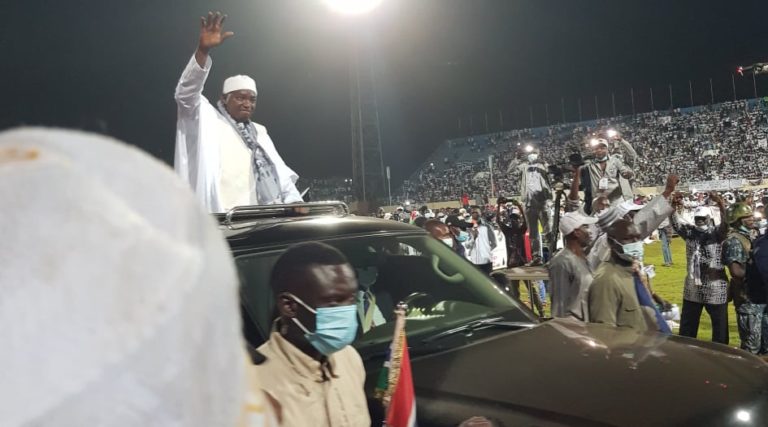

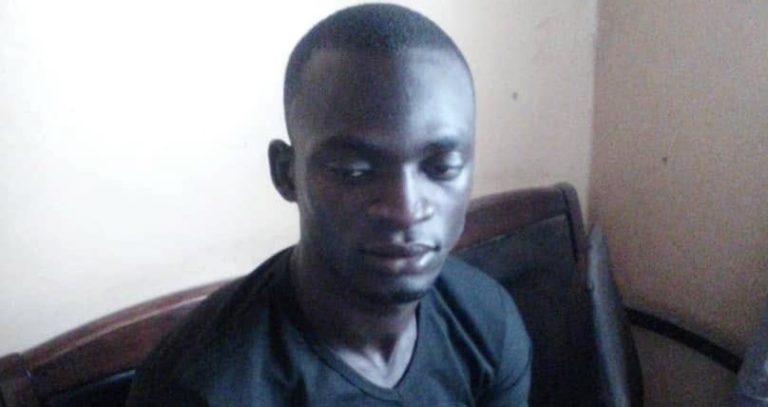

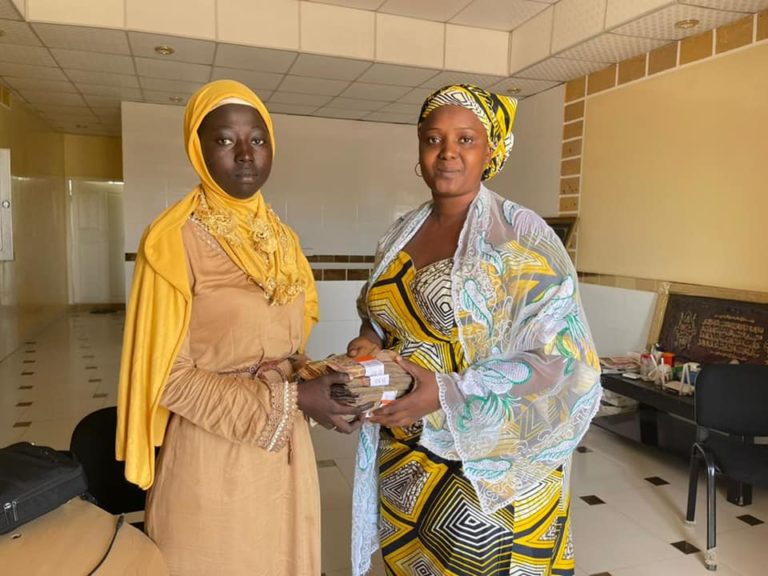
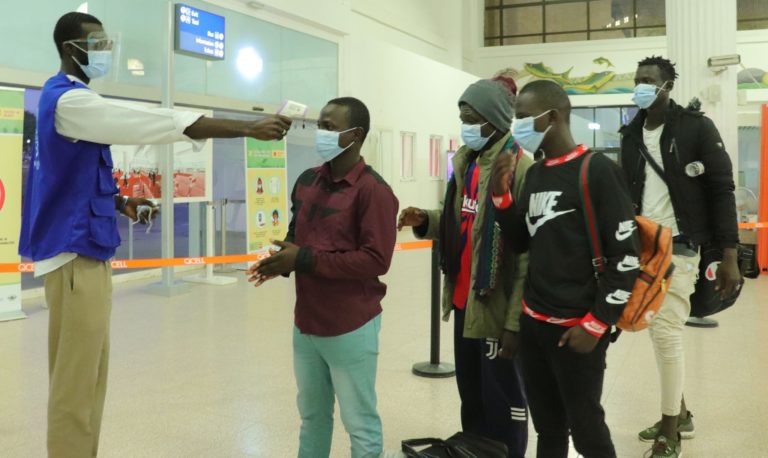
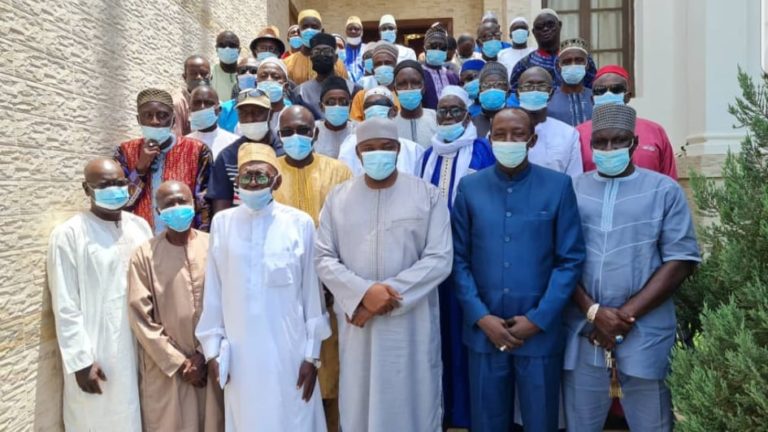
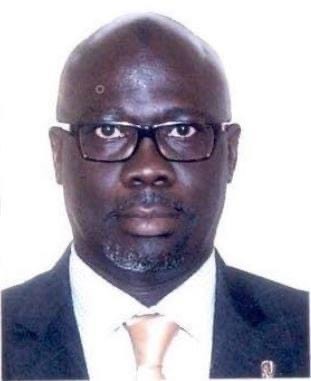
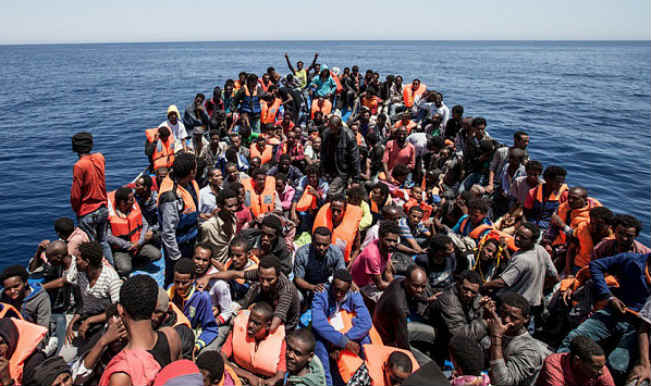
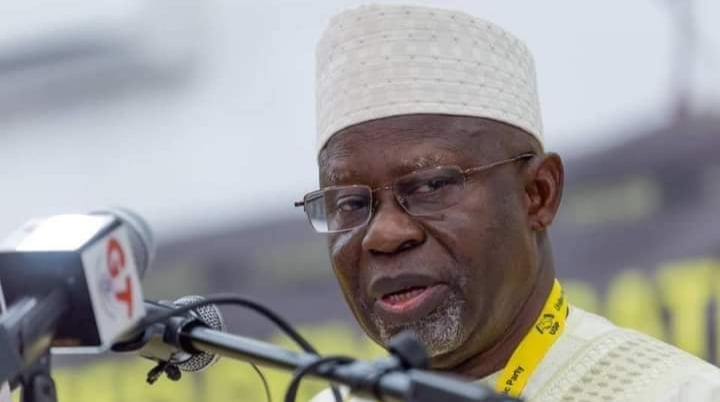
Statements that Undermine Free & Fair Elections
This comment is a verbatim quote of Pres. Adama Barrow published in the Standard newspaper today. He is said to make this comment in his speech to former NAMs and governors who came to lodge their support to him at State House.
“NPP is not taking the December presidential election lightly. We are ready for anything as far as the elections are concern and when you are about to start a war, there are two things to bear in mind – death or shame. You either take death or shame and we the NPP will rather take death than shame.”
If indeed this is what the President said then both the IEC and the National Assembly and indeed all relevant stakeholders and citizens must demand that the President withdraws the comment immediately. They must pressure the President to declare his commitment to democracy and to free, fair, transparent and peaceful elections on December 4.
This comment by the President undermines the very concept and purpose of elections in a democracy. Elections are indispensable tools that enable citizens to choose candidates to hold public office. Election is also an accountability mechanism that makes citizens to return or reject an incumbent in holding public office. Hence election is a major decision making exercise that empowers citizens to form a government based on their opinion.
In light of this, no politician or citizen should perceive election in terms of war, death or shame, even figuratively! Rather every politician and citizen should perceive election as only a tool and a process that manifest the power of the people. Every politician, more so the incumbent President must speak of election only in terms of peace and a celebration of democracy and encourage popular participation and guarantee fair play in the process. No amounting of campaigning warrants a candidate to use the language of war in elections.
The comment by Pres. Barrow goes against everything that an election in a democracy represents. His language has set the stage for violence and malpractices for which everyone must be concerned. His comment is therefore irresponsible and undemocratic and poses a clear and present danger to the peace and stability of the country.
What the President is indicating is that same Trump-like mentality that he has to win by all means. That if he does not win he will not accept the results. The President is essentially saying that he and his party will do anything it takes to win the election because to him, his victory in the election is a matter of death or shame. Since no one will accept death or shame from enemies then it means Pres. Barrow is saying that he will have to win by any means.
To perceive an election in terms of war is to see the opposition as enemies. In war there are enemies. But in a democracy there are only opponents and no enemies. Political parties are not enemies. Their candidates and supporters are not enemies; only opponents. Hence it is utterly concerning that the President only sees opponents as enemies as he sees election as war!
I know the IEC, political parties, CSOs and indeed most of our citizens are not bothered by these dangerous comments. This is because Gambians are notorious for taking things for granted. We will all claim that this is an empty rhetoric of a desperate President. Therefore we will all ignore this grossly irresponsible statement that has all the hallmarks of electoral malpractices and violence.
But let us remember that it is our continued lethargy, apathy, indifference and silence that we are such a hapless state today after five decades of independence. It is this lethargy that made it possible for tyranny to germinate in our country for 22 years! It is our indifference which is why the nation is betrayed once again in 2017. Because of our failure to be alert and vigilant, this country continues to wallow in bad governance and poor leadership.
Therefore, for how long shall we continue to fail ourselves? For how long shall we continue to allow elected and appointed public officials to continue to bastardize our sovereignty and dignity just to secure their selfish interests? The statement by the President is uncalled for; it’s a provocation and a attempt to undermine free, fair and transparent elections!
For The Gambia Our Homeland